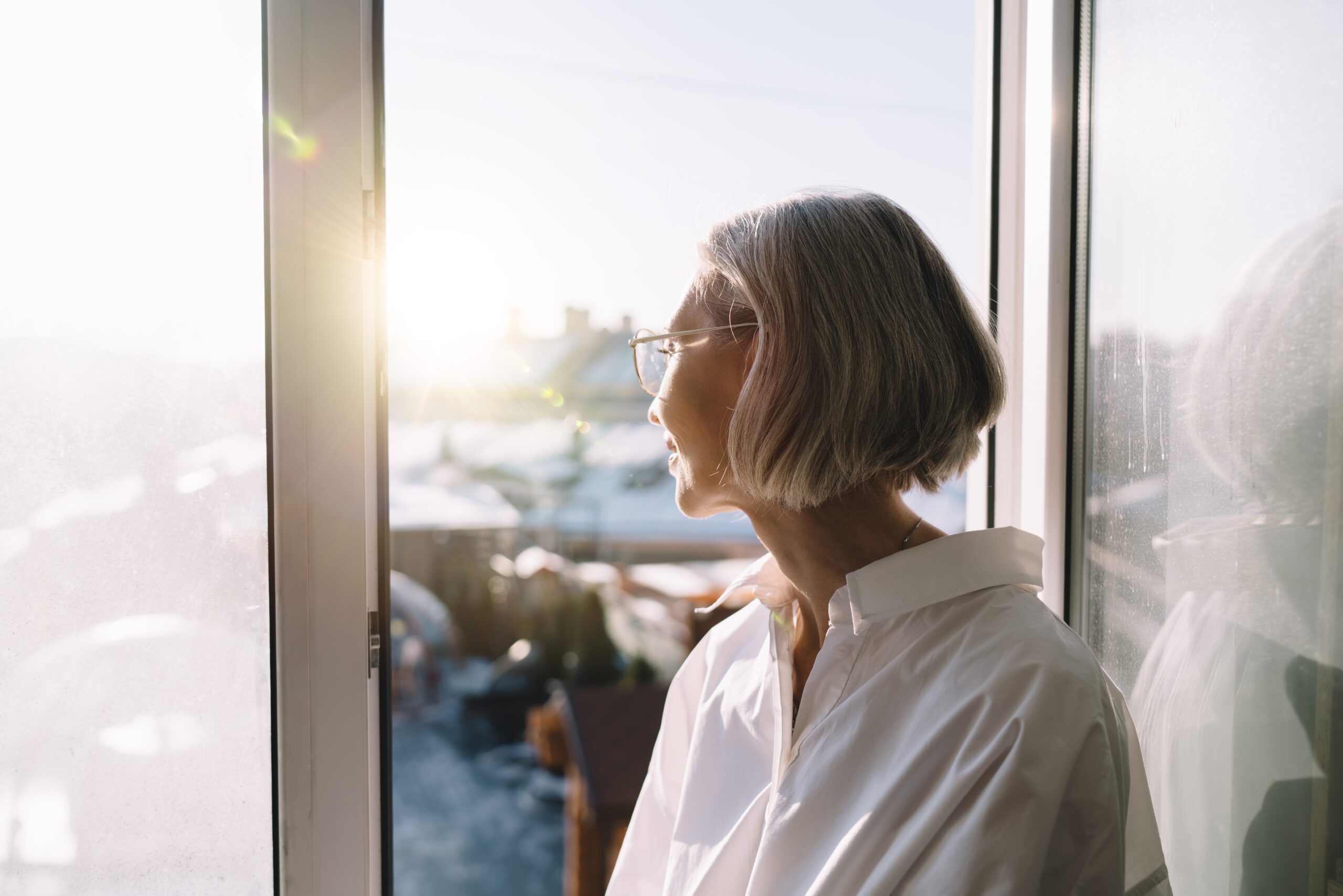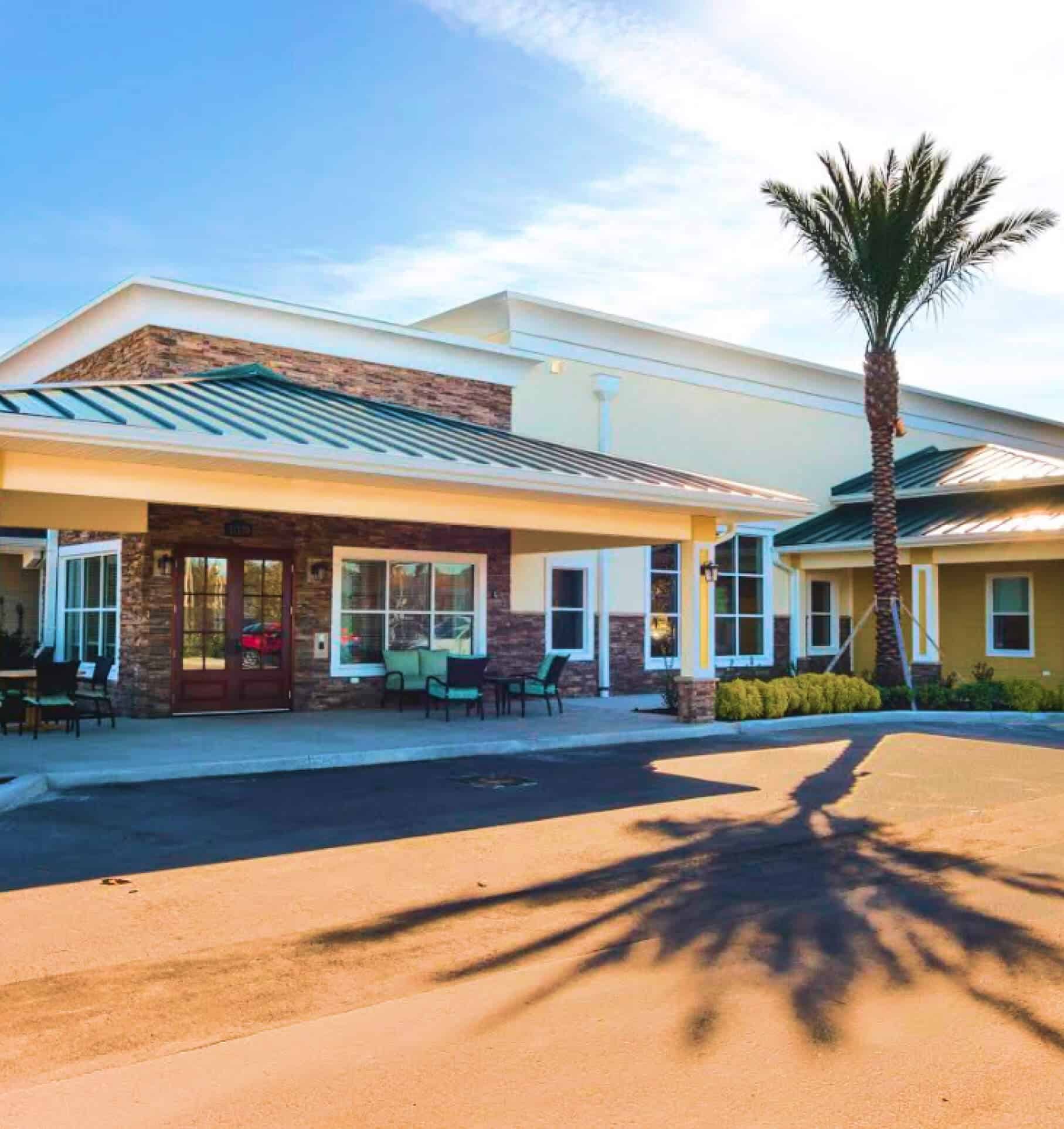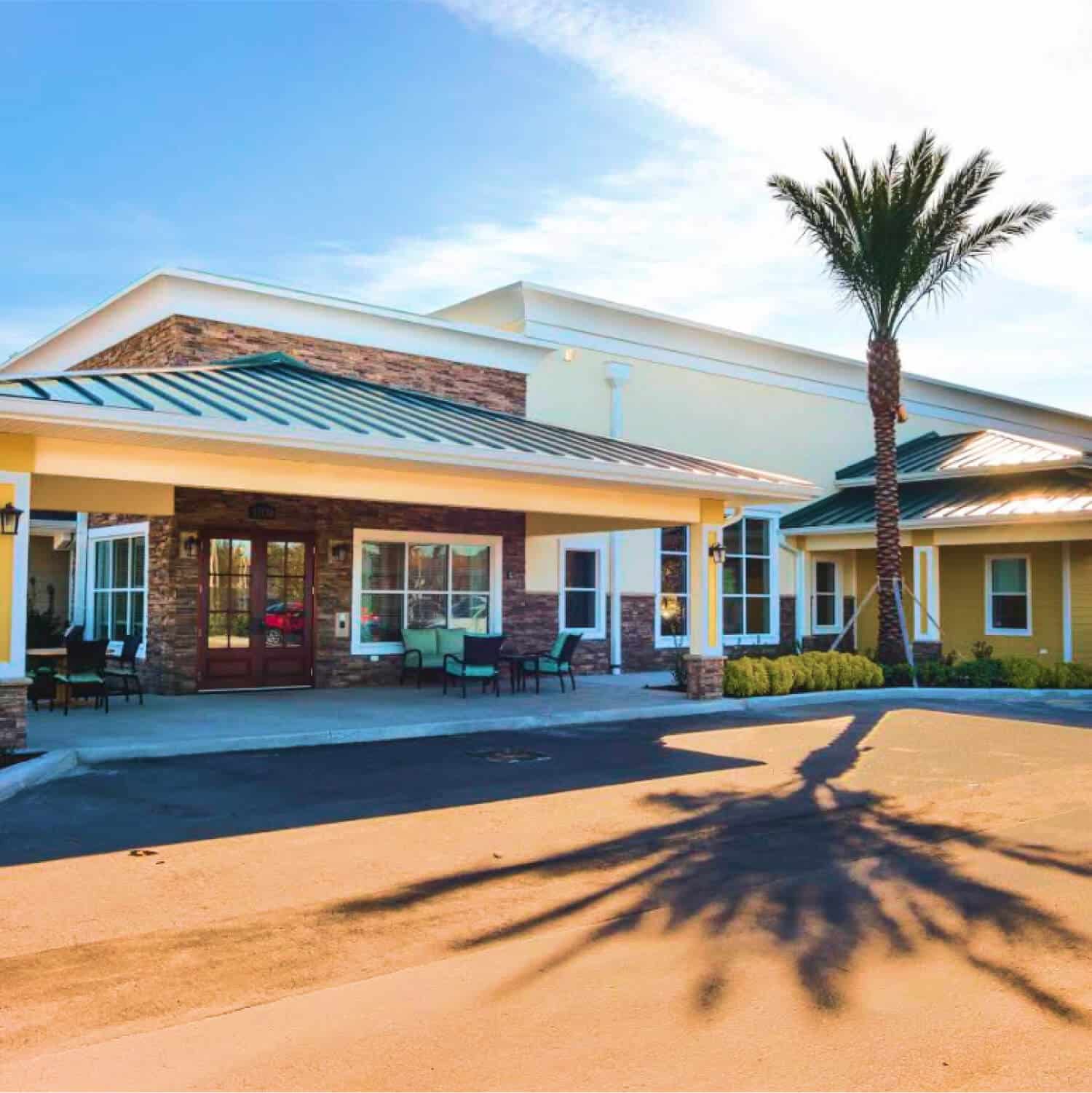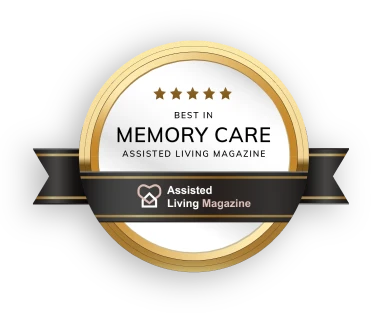Over the years, dementia care autonomy has evolved in many ways. When looking for a memory care community, there are several key questions you should ask. For example, “how much autonomy will my loved one have? Will they have access to the outside? Will they go on trips to the local museum? Do they have access to a post office? Will my loved one be stimulated by the living environment?”
By providing your loved one with dementia care autonomy to explore, we can stimulate their brain, foster independence, and provide a good quality of life. Features such as textures, colors, spatial depths, and access to the outside are essential when choosing a memory care community for your loved one.
Research shows that if you provide a person with dementia care autonomy beyond the walls of their community, they are less likely to exit-seek or express agitation due to being in a secured community. Research also shows that a person with dementia may exhibit fewer sundowning behaviors if they have access to activities beyond the walls of their community.
The opportunity to go to a concert, go on a walk around the park, go on a fishing trip, etc., can provide the right dose of dementia care autonomy to improve the person’s overall quality of life.
There are simple ways to create autonomy for your loved one:
- Choose to sit on the porch and have a glass of iced tea. Slight changes in scenery can provide the perfect amount of environmental autonomy for our brain to not feel closed-in.
- Create a routine with your loved one. Perhaps you go to the same coffee shop two times a week – every Tuesday and Thursday. Something as simple as this routine will have a significant impact on their overall health and well-being.
- Provide options with simple choices. This will encourage your loved one to have the autonomy of choice which provides dignity and encourages them to remain independent. Try to empower your loved one to selected what clothes they want to wear or what food they would like to eat.
- Visit a local park or simply sit in your backyard. There is good evidence that being outside is essential for whole person wellness. Connecting with nature can do wonders. Increased Vitamin D absorption can reduce depression and anxiety. Also, the grounding benefits of getting your hands in the dirt helps as well.
- Invite your loved one to run a quick errand with you such as dropping off the mail or going to get a loaf of bread. A short trip shared can provide a great sense of purpose and meaning to their day.
- Give a person a role in assisting with tasks and you’ll provide them with a greater sense of purpose. Let them choose if they’d like to put stamps on the mail or put cards in the envelopes for example.
- Schedule your loved one for an appointment at the beauty salon or barber during the least busy times. Your loved one will gain a boost in their self-esteem that will last for days.
- Unlock cabinets and drawers if it is safe to do so. If you lock every cabinet and drawer then your loved one may become frustrated when nothing opens. Finding a single drawer or cupboard locked is less likely to cause anxiety. Lock cabinets storing unsafe items. No need if they hold towels or plastic cups.
We aim to ensure the person feels free, not locked in, with access to the outside world. Safety is crucial, yet autonomy, independent choices, are vital for a good quality of life.
By Joshua Freitas, M.Ed., BC-DEd, CAEd (Vice President of Program Development); Theodosia Heiserman, DP-NC (Resident Engagement Director | CERTUS at Mount Dora); & Andrea Silvey, ADC-MC, DP-NC (Resident Engagement Director | CERTUS at Orange City)








